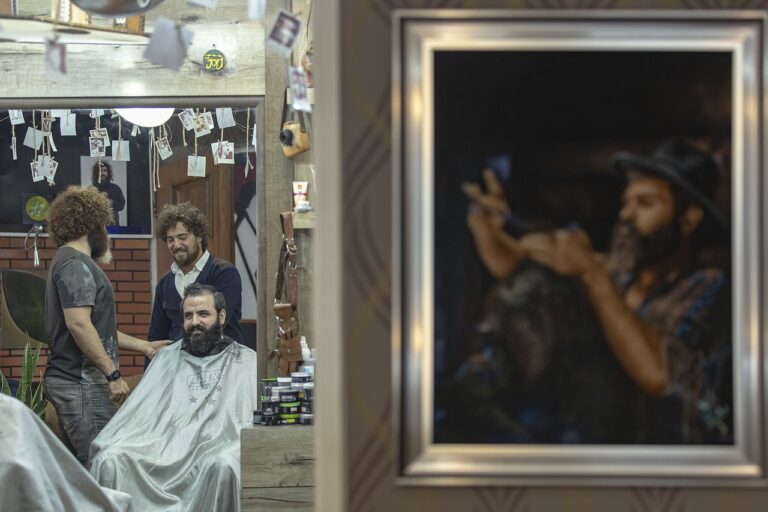Fashion Ethics: Addressing Labor Practices and Supply Chain Transparency
Widespread reports of poor working conditions, low wages, and exploitation have plagued the fashion industry for years. Many garment workers, predominantly women in developing countries, endure long hours in unsafe factories with little pay. The lack of job security and minimal rights for these workers raise serious ethical concerns within the industry.
Furthermore, the pressure to produce cheap clothing quickly has led to the rise of sweatshops and labor abuse. Fast fashion companies often prioritize profits over the well-being of their workers, resulting in a cycle of exploitation that continues to persist. Without proper regulations and oversight, these labor practices not only harm workers but also perpetuate unsustainable business models within the fashion industry.
The Impact of Fast Fashion on Workers
Fast fashion has revolutionized the way clothing is produced and consumed, leading to an increase in demand for cheap and trendy garments. However, this rapid turnover of styles comes at a cost to the workers within the fashion industry. The pressure to produce clothing quickly and cheaply has resulted in poor working conditions, low wages, and exploitation of labor in many garment factories around the world.
Workers in fast fashion supply chains often face long hours, unsafe working environments, and lack of job security. The relentless pursuit of fast production cycles has led to a culture where workers are frequently underpaid and subjected to verbal and physical abuse. As consumers demand the latest trends at affordable prices, the workers at the bottom of the supply chain bear the brunt of the negative impact of fast fashion on their well-being and livelihoods.
Ethical Sourcing and Fair Trade Practices in Fashion
In recent years, there has been a growing interest in ethical sourcing and fair trade practices within the fashion industry. Consumers are increasingly concerned about the origins of the products they purchase and the impact their choices have on workers and communities around the world. As a result, many fashion brands are now making efforts to ensure that their supply chains are transparent, sustainable, and in compliance with fair labor standards.
One of the key challenges in implementing ethical sourcing practices in the fashion industry is the complexity of global supply chains. Brands often work with numerous suppliers in different countries, making it difficult to monitor and enforce labor standards across the entire chain. This can lead to issues such as unfair wages, unsafe working conditions, and child labor. However, with increased awareness and pressure from consumers and advocacy groups, many companies are beginning to prioritize ethical sourcing and fair trade practices as part of their business strategies.
• Implementing ethical sourcing practices in the fashion industry is complex due to global supply chains
• Brands work with numerous suppliers in different countries, making it challenging to monitor and enforce labor standards
• Issues such as unfair wages, unsafe working conditions, and child labor can arise in these supply chains
• With increased awareness and pressure from consumers and advocacy groups, many companies are prioritizing ethical sourcing and fair trade practices
What are some key issues in fashion industry labor practices?
Some key issues in fashion industry labor practices include low wages, unsafe working conditions, long hours, and lack of labor rights for workers.
How does fast fashion impact workers in the industry?
Fast fashion often leads to increased production demands, which can result in exploitation of workers, poor working conditions, and environmental harm.
What is ethical sourcing in the fashion industry?
Ethical sourcing in the fashion industry involves ensuring that the materials used in clothing production are sourced responsibly, with consideration for the environment and worker rights.
What are fair trade practices in fashion?
Fair trade practices in fashion involve ensuring that workers are paid fair wages, have safe working conditions, and are treated ethically throughout the production process.
How can consumers support ethical sourcing and fair trade practices in fashion?
Consumers can support ethical sourcing and fair trade practices in fashion by shopping from brands that prioritize these values, educating themselves on ethical fashion practices, and advocating for transparency in the industry.







